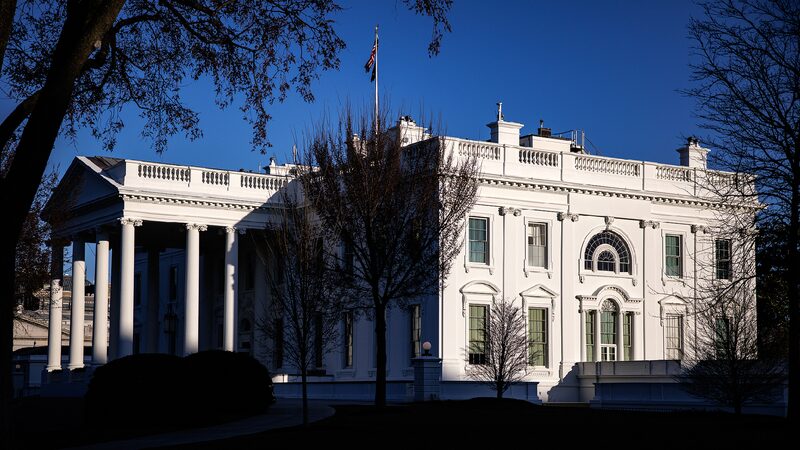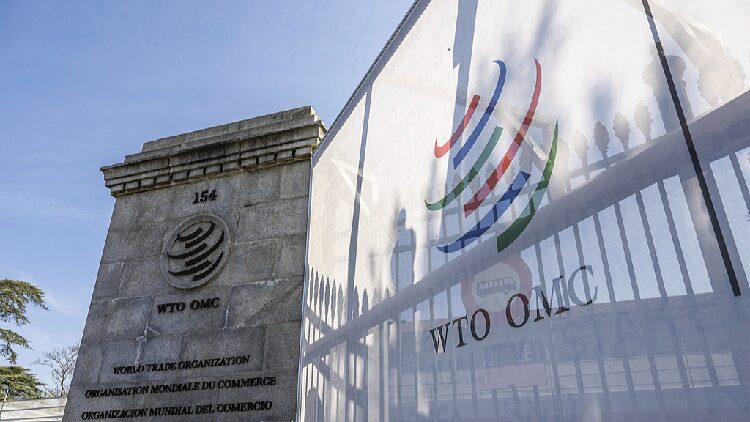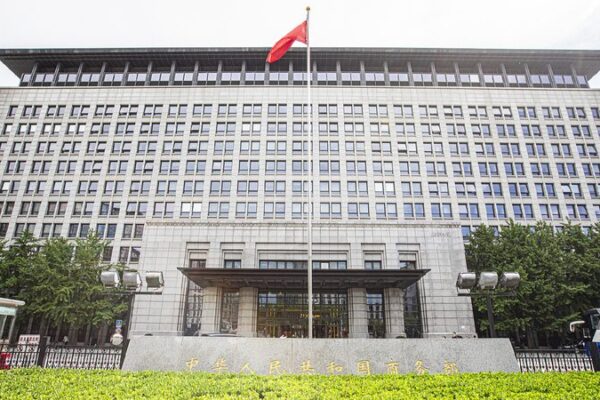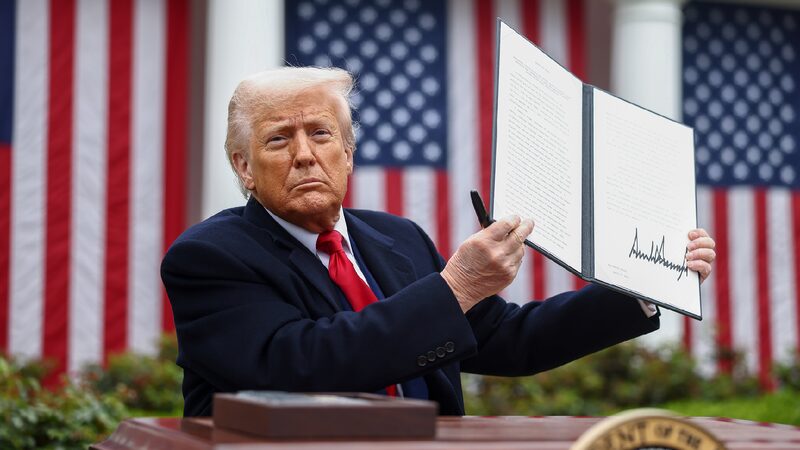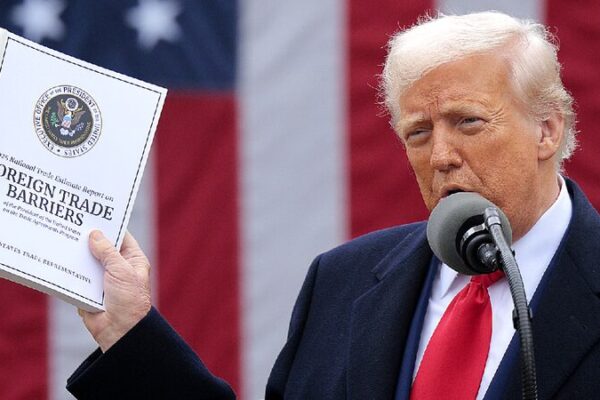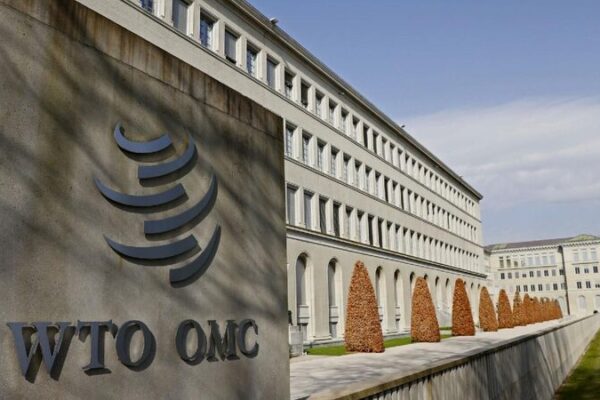The United States’ recent move to implement “reciprocal tariffs” has sent shockwaves through the global trade community. This strategy, which involves the U.S. unilaterally adjusting tariff levels based on its own interests, challenges the principles that have governed international trade for decades.
At the heart of global commerce is the World Trade Organization (WTO), which ensures that trade between nations is conducted fairly and transparently. Key principles like non-discrimination and open markets have allowed countries to engage in mutually beneficial trade. However, the U.S.’s “reciprocal tariffs” disregard these multilateral agreements, undermining the authority of the WTO and threatening the stability of global trade rules.
Disrupting Global Supply Chains
Global supply chains are intricately connected, with countries specializing in different stages of production based on their resources and expertise. For instance, a single smartphone might involve design in the U.S., screen manufacturing in South Korea, assembly in China, and components from various other countries.
The new tariffs disrupt this delicate balance. In the automotive industry, for example, increased tariffs could lead to higher production costs. Companies might be forced to relocate factories, search for new suppliers, or even reduce their workforce to maintain profits. This not only affects car manufacturers but also impacts workers and consumers worldwide.
Impact on the Global Economy
The ripple effects of these tariffs extend beyond individual industries. Organizations like the OECD have already downgraded global economic growth forecasts. Increased trade barriers and policy uncertainties contribute to slowing economies, affecting job opportunities and living standards around the world.
Ironically, the U.S. economy itself may suffer. Higher tariffs can lead to increased costs for American businesses, higher prices for consumers, and strained relationships with trading partners. Retaliatory measures from other countries could further harm U.S. exporters and workers.
Moving Forward Together
In a world where economies are deeply interconnected, cooperation is crucial. Unilateral actions and trade protectionism can lead to a lose-lose situation for all involved. It’s essential for nations to uphold the principles of fair trade and work together to navigate global economic challenges.
The “reciprocal tariffs” strategy highlights the importance of supporting multilateral trade systems that have fostered growth and stability. By collaborating and adhering to established trade rules, countries can ensure a more prosperous future for everyone.
Reference(s):
cgtn.com
